We were thrilled to announce in the summer that the Reluctant Internationalists project has received a Wellcome Trust Public Engagement Grant. The grant will enable us to work on a number of projects to help improve how modern history is being taught at British secondary schools. We look forward to collaborating with secondary school teachers and our partners at the Historical Association.
To help coordinate and manage this award, the project recruited Siobhan Morris as Public Engagement and Events Coordinator. Siobhan joins the project having previously completed undergraduate and postgraduate degrees in History at the University of Edinburgh. Specialising in modern European history, her research interests include internationalism and memorialisation, primarily the cultural implications of international conflicts. Her postgraduate dissertation examined ‘Visual Artworks and Concentration Camps: Appropriation, Exhibition and Memorialisation’. Prior to taking up her post with the Reluctant Internationalists, Siobhan spent a year at the Institute of Historical Research, University of London.
In her role as Public Engagement and Events Coordinator, Siobhan is responsible for communicating the research findings of the project team through a range of activities, events, publications and across social media platforms. In addition, Siobhan is undertaking contained research projects for the team and coordinating our collaborations with school teachers. As a member of the London Public Engagement Network, Siobhan hopes that her commitment to collaboration ensures that multiple audiences will engage with the work of the Reluctant Internationalists and that this interaction can in turn be of great benefit to the project.
For any queries regarding the project’s public engagement activities or suggestions for joint events and future collaborations, please contact Siobhan at siobhan.morris@bbk.ac.uk

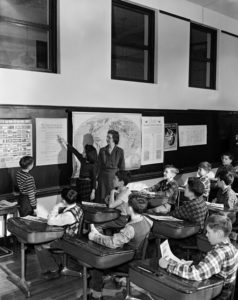 The Reluctant Internationalists project is currently involved in a number of initiatives aimed at equipping history teachers with resources and support. The project team, in collaboration with the Historical Association, are currently creating teaching resources for the history of the Cold War as part of the
The Reluctant Internationalists project is currently involved in a number of initiatives aimed at equipping history teachers with resources and support. The project team, in collaboration with the Historical Association, are currently creating teaching resources for the history of the Cold War as part of the 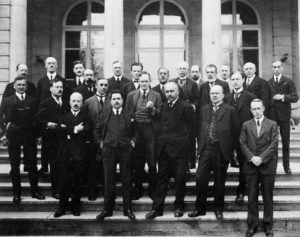
 The 20th century was a period of extremes, of contrasts and contradictions. It witnessed destructive wars, and yet periods of unprecedented peace. Increasing wealth was joined by higher levels of poverty. There was scientific and technological progress, but also inhumanity and repression. The map was one of the century’s principal objects. Thanks to developments in geography education, cheaper and quicker mapmaking processes, and increasing travel and migration, maps became common, trusted and powerful things in western society. Yet maps were not passive or neutral objects. They were agents of change, presenting only versions of reality, not the reality itself. They were capable of informing, but also misleading. They were tools of control and of protest, and even changed the world.
The 20th century was a period of extremes, of contrasts and contradictions. It witnessed destructive wars, and yet periods of unprecedented peace. Increasing wealth was joined by higher levels of poverty. There was scientific and technological progress, but also inhumanity and repression. The map was one of the century’s principal objects. Thanks to developments in geography education, cheaper and quicker mapmaking processes, and increasing travel and migration, maps became common, trusted and powerful things in western society. Yet maps were not passive or neutral objects. They were agents of change, presenting only versions of reality, not the reality itself. They were capable of informing, but also misleading. They were tools of control and of protest, and even changed the world.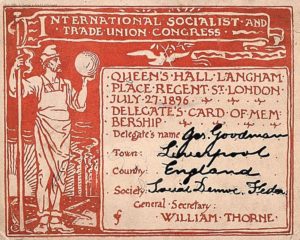
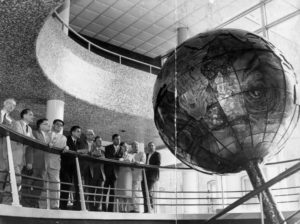
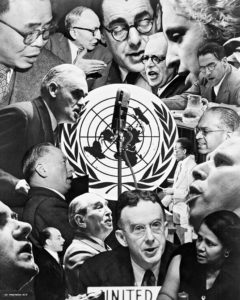 As previously announced, the Reluctant Internationalists are organising a series of walking tours around London showcasing the city as the home of international projects and presenting London as a magnet for international collaboration and a laboratory of ideas. The first of these walking tours will explore London in wartime and will be led by Dr Jessica Reinisch.
As previously announced, the Reluctant Internationalists are organising a series of walking tours around London showcasing the city as the home of international projects and presenting London as a magnet for international collaboration and a laboratory of ideas. The first of these walking tours will explore London in wartime and will be led by Dr Jessica Reinisch.